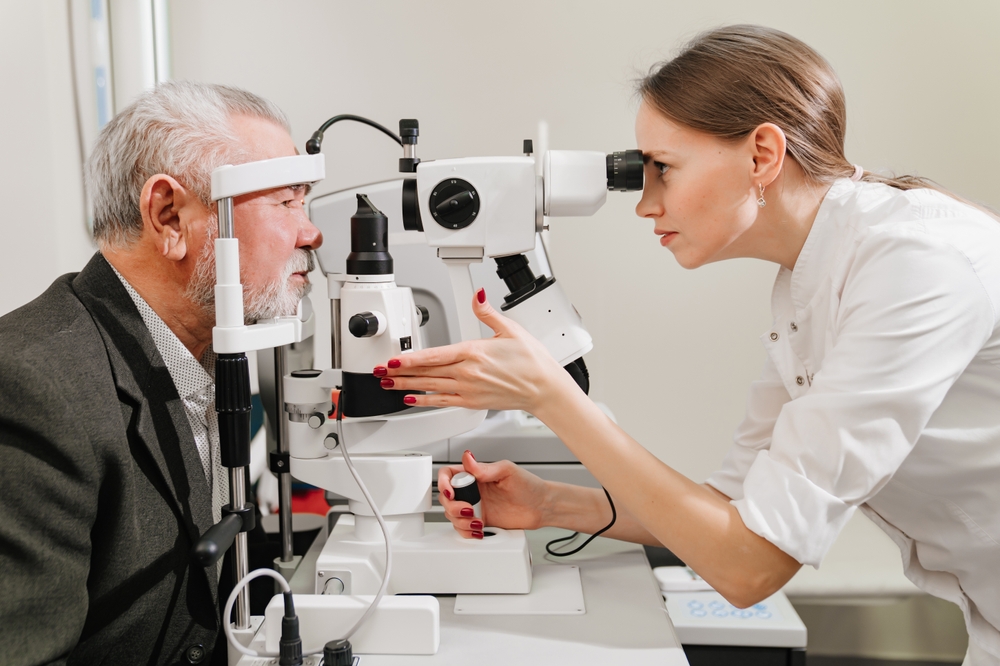
An eye exam isn’t just about checking your vision - it’s a window into your overall health. During a comprehensive eye exam, your optometrist can detect early signs of health conditions often before symptoms appear elsewhere in the body.
What Is a Comprehensive Eye Exam?
A comprehensive eye exam goes beyond a basic vision screening. While a simple screening might only check your visual acuity (how well you see letters on a chart), a comprehensive exam includes a detailed evaluation of the internal and external structures of your eyes.
During the exam, your optometrist may:
• Assess visual acuity and refractive errors (nearsightedness, farsightedness, astigmatism)
• Examine the retina, optic nerve, and blood vessels using advanced imaging
• Measure eye pressure to check for glaucoma
• Evaluate eye coordination and focusing ability
• Review your overall eye health and discuss symptoms or changes in vision
This full assessment not only ensures clear sight but can also provide insight into systemic health conditions that may otherwise go unnoticed.
Diabetes
Changes in the tiny blood vessels in your retina can signal diabetic retinopathy, one of the earliest signs of diabetes. Detecting this condition during an eye exam can lead to early intervention and help prevent vision loss and further complications.
Hypertension (High Blood Pressure)
High blood pressure can cause damage to the delicate blood vessels in your eyes, leading to hypertensive retinopathy. Your optometrist may notice narrowing, bleeding, or swelling that reflects issues with your cardiovascular health.
High Cholesterol
Fatty deposits in the blood vessels of your retina or a yellowish ring around your cornea can be indicators of elevated cholesterol levels. These warning signs can prompt further testing and treatment to protect your heart health.
Autoimmune Disorders
Conditions such as lupus, multiple sclerosis, and rheumatoid arthritis can cause inflammation in various parts of the eye. Eye pain, dryness, or swelling may be early indicators of these systemic issues.
Thyroid Disease
An overactive thyroid (hyperthyroidism) can cause thyroid eye disease, leading to bulging eyes, double vision, or changes in eye movement. Your optometrist may detect subtle signs before they become more severe.
The Importance of Regular Eye Exams
Even if your vision seems fine, routine eye exams are crucial. Many eye diseases and health problems develop silently, showing no symptoms until significant damage has occurred. Regular comprehensive exams can help your optometrist detect issues early, when treatment is most effective.
Protect Your Vision and Your Health
Your eyes do much more than help you see - they can provide a unique glimpse into your overall health. Through comprehensive eye exams, our experienced team can detect potential eye and systemic health problems early, helping you maintain both your vision and your well-being for years to come.
Schedule your comprehensive eye exam with My Family Eye Care and take the first step toward clearer sight and better overall wellness. Visit our office in West Siloam Springs, Oklahoma, or call (918) 422-5811 to book an appointment today.






